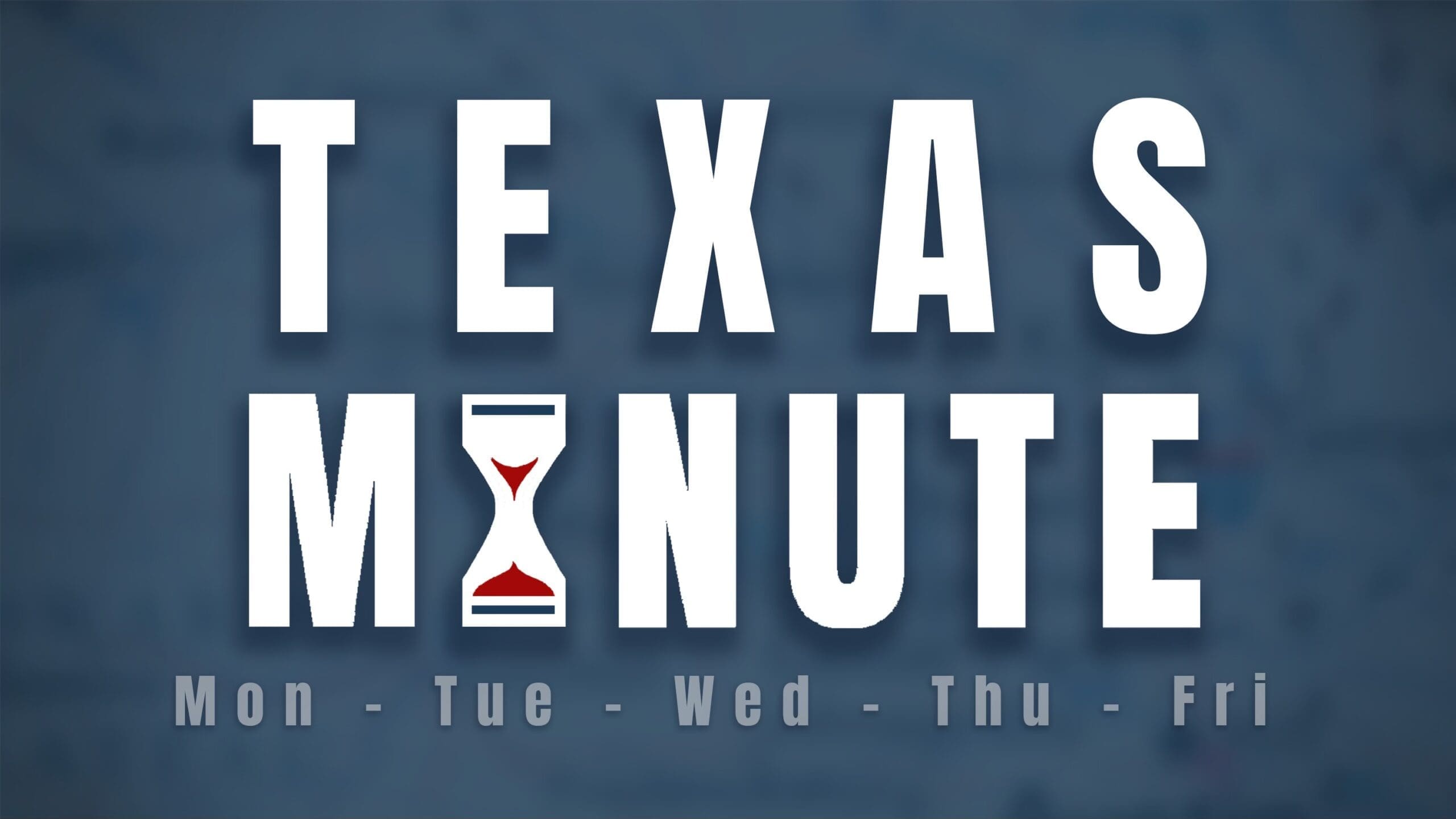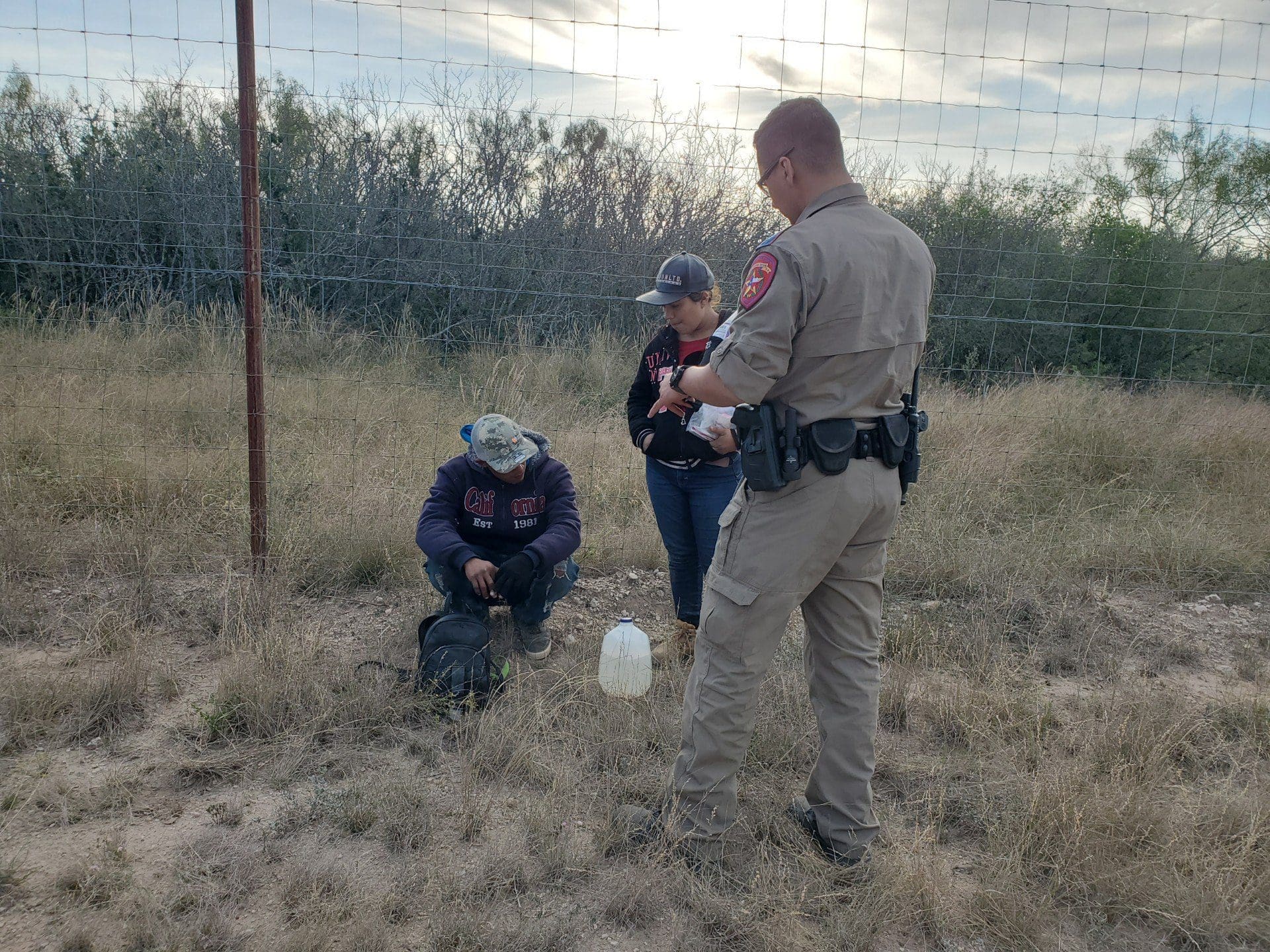Having just returned from Israel, I am reminded how much I love the brief stop in the Valley of Elah, located due west of the Dead Sea and south of Bethlehem.
(Maybe you’d like to visit Elah with me in 2024? Find out more on our website.)
I like this place not because there is so much to see, but because there is so little. It is just another valley in the Middle East. A small creek winds through it, of course, and at this time of the year, the little tributaries are already drying up. If you know what to look for, you can see the telltale signs of the archeological sites known as Azekah and Socho – two cities mentioned in the book of First Samuel.
That’s closer to why I like this place. It is where the armies of the Israelites and the Philistines had camped nearly three thousand years ago.
This is where the giant warrior Goliath stood ready to take on any Israeli who was brave enough to fight him. This is where all of the trained soldiers serving under King Saul found something better to be doing.
This is where a young shepherd felt the call of God to do something you and I would think of as reckless and pointless. Yes, David was a shepherd. That meant he knew how to handle himself. He would have already killed off predatory animals many times by this point in his life. Some had probably come close to harming him.
That’s how it was to be a shepherd watching over a flock.
But to take on a well-trained soldier who also happened to be of gigantic proportions? Categorically different.
All of us know how the story ended: with David holding up Goliath’s severed head in victory.
But they did not know that was coming; neither did David. Everyone did their best to dissuade the boy.
He just knew he had to be faithful.
You and I know the feeling. We are told to put our faith aside and listen to reason. We are told that a loss is inevitable and so we should, instead, bide our time for when victory is easier to achieve. We’re told to go home, to stand down, to fall back, to give it a rest.
Too many people want to be successfully unfaithful.
They hope their inaction will be counted as thoughtfulness or prudence. They trust doing nothing will be seen as worldly wisdom. And, if things don’t work out, maybe their reward will be to be unseen by their victorious enemy.
We should instead be like David; we should be willing to be faithful in pursuit of our calling even if to the world we seem unsuccessful.
The Valley of Elah reminds me that our faithfulness is not measured by monuments but by the inclination of our hearts. Our success is found not in worldly praise, but in the fulfilling knowledge that we did what we were called to do.





